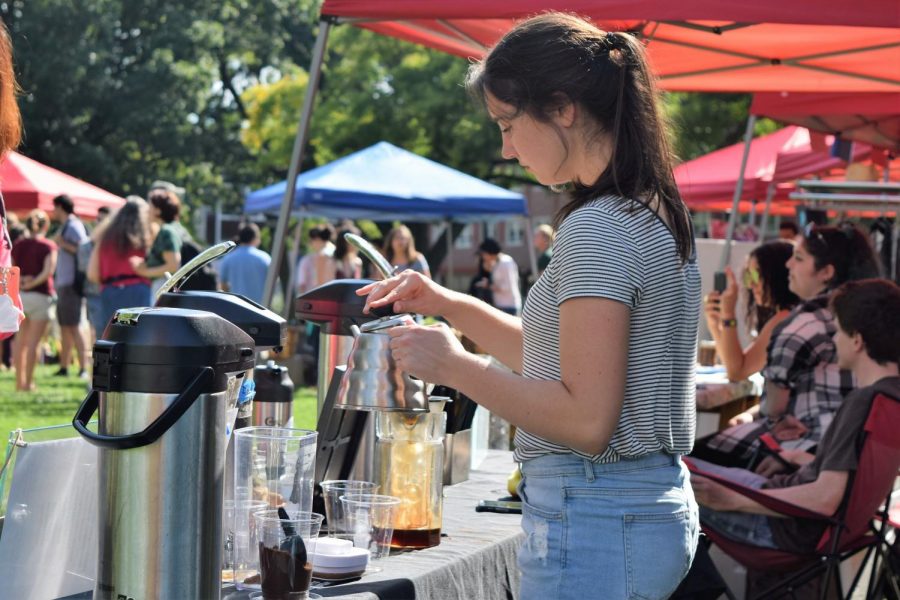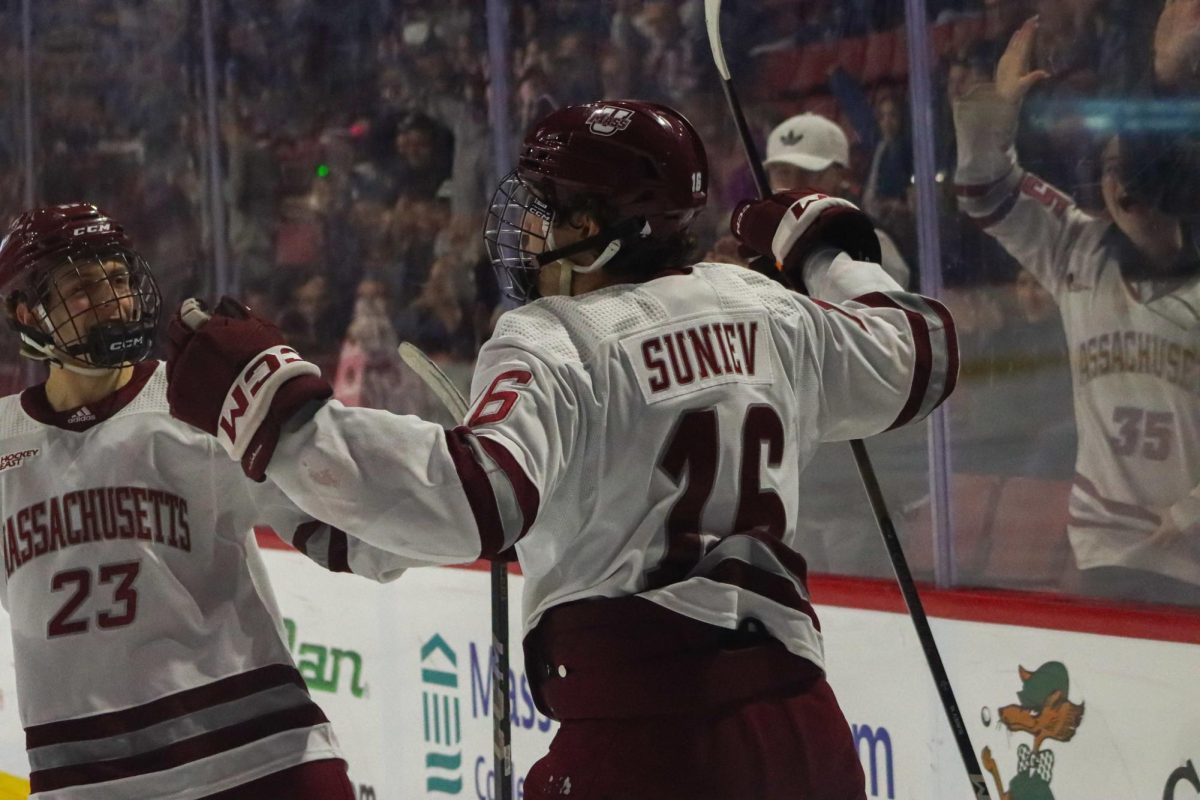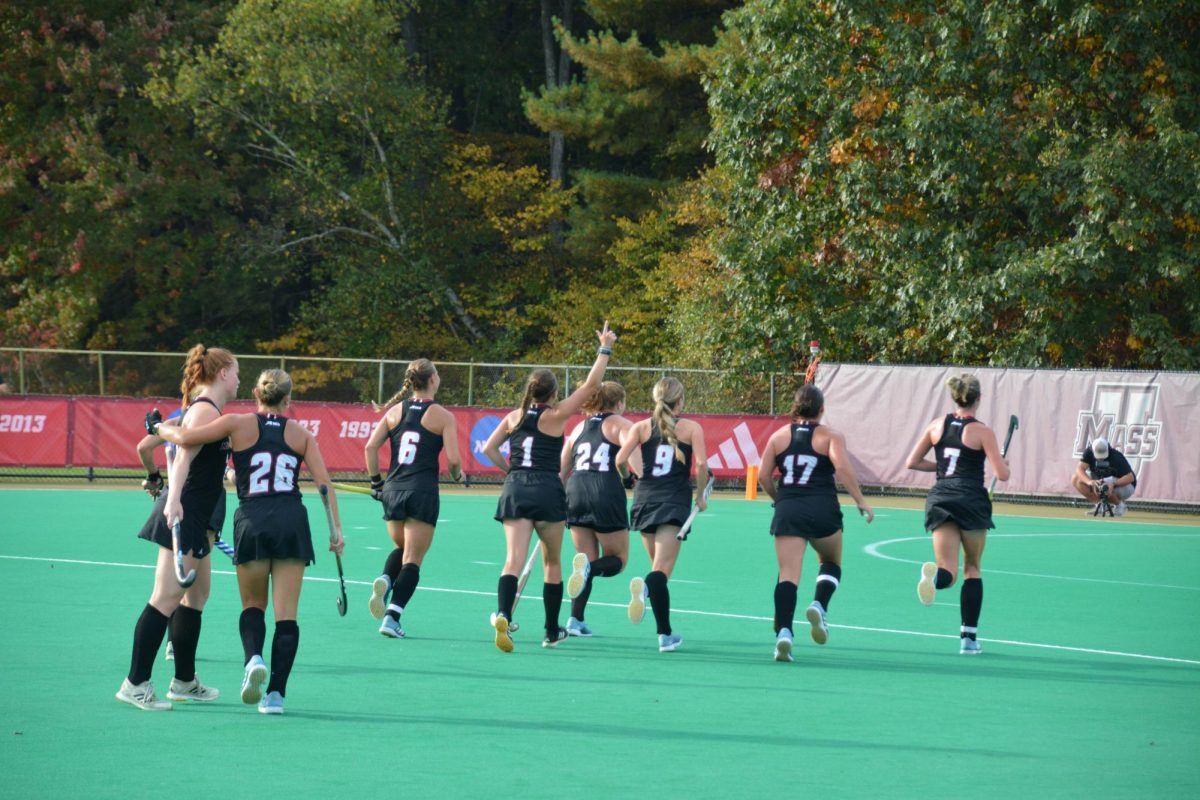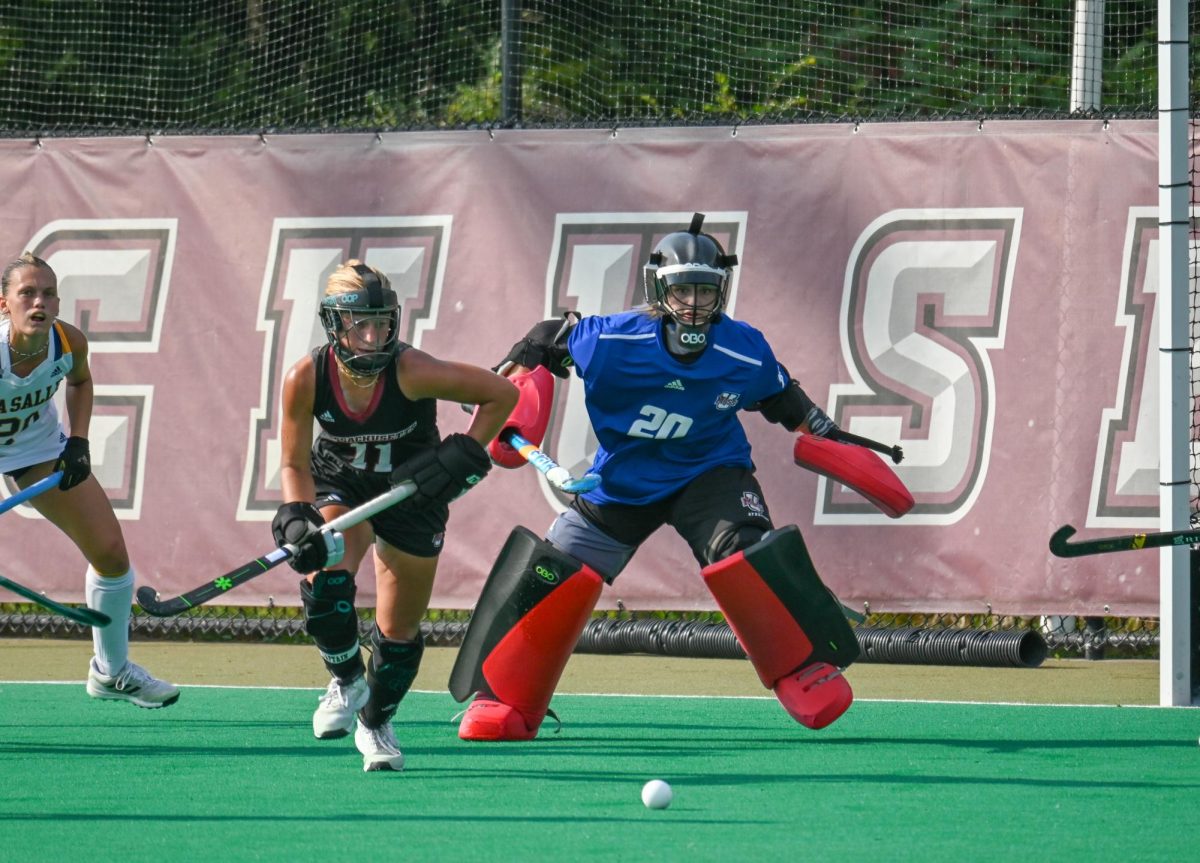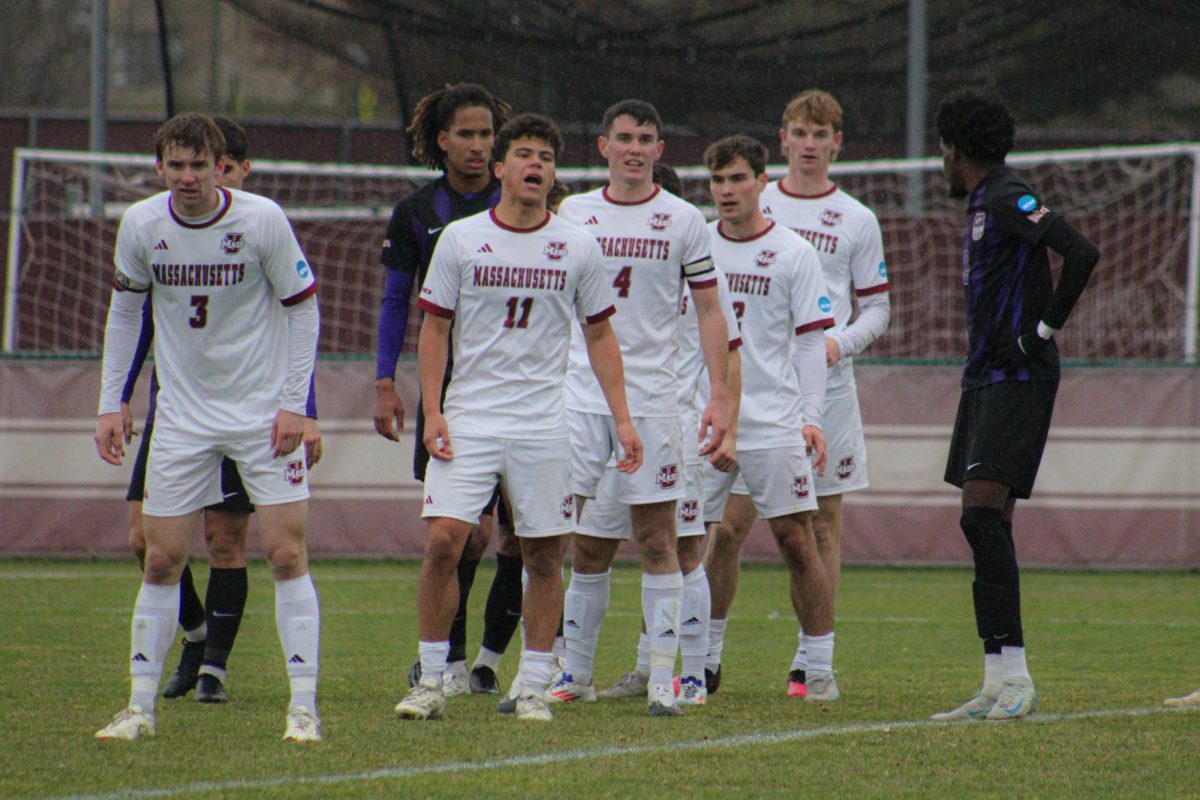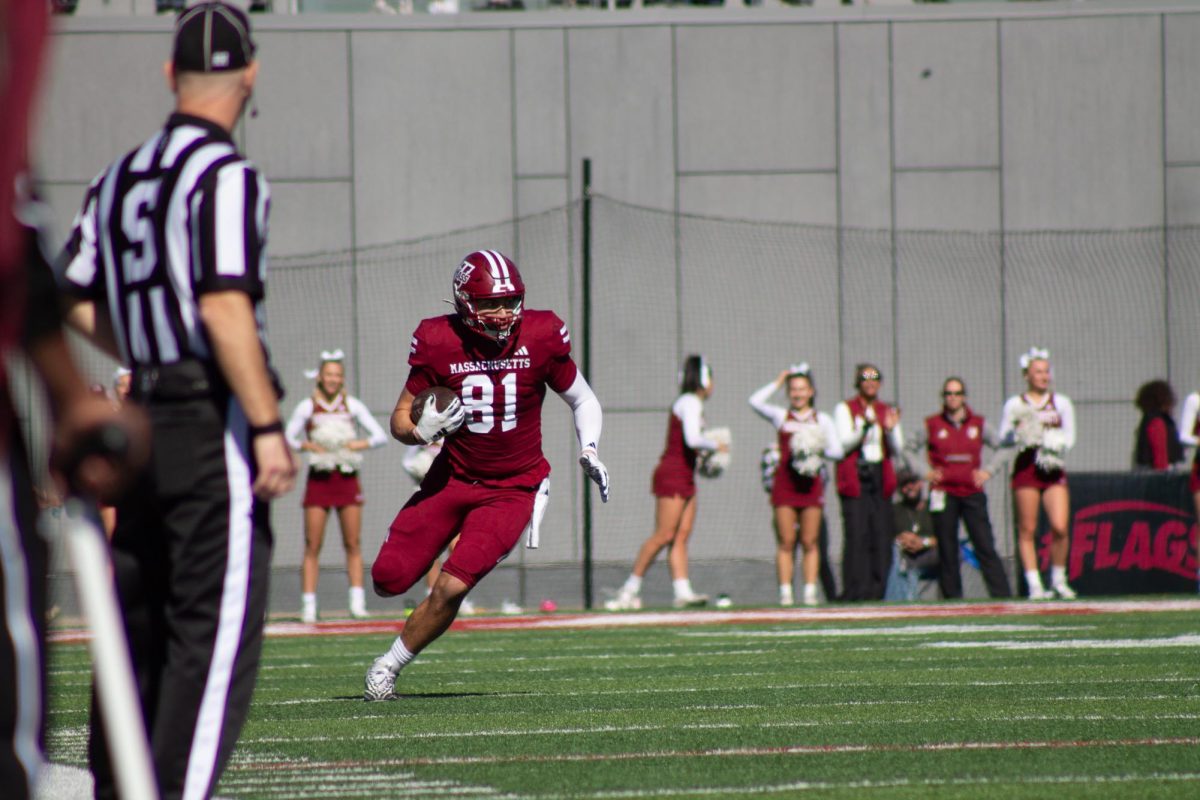Paper is not known for winning in a battle against water. I mean sure it beats rock, but water definitely trumps paper. That’s why I have so much trouble fathoming why someone would make a straw out of it. It turns a delectable drink for you to enjoy into a race against time itself. If you plan on finishing your drink without taking the lid off, you have to suck it down before your straw turns to mush.
Aside from the joy they suck out of your drink, paper straws don’t even solve the problem they were meant to. Paper straws are still single-use and disposable. And while it may have a shorter half-life than plastic, using paper straws still contributes to waste and adds to the piles in landfills. Not to mention that the production of paper products emits 3.5 times as many greenhouse gases as the production of plastic products. Paper production also requires the elimination of trees and continues to contribute to deforestation.
Paper straws pose the issue of their inaccessibility to people with disabilities. Plastic straws are historically an invention for those who are disabled and were only popularized after that. The bendy section of them allows for it to be positioned into someone’s mouth and they are also an extremely important invention for those who may not be able to lift their own drinks. Paper straws lack the bending mechanism that those with disabilities need. On top of this, paper straws pose an allergy risk, a choking hazard and are unsafe with hot liquids.
What’s really troubling though, is the implementation of paper straws here at the University of Massachusetts. First, paper straws are in use everywhere across campus except for People’s Organic Coffee. Rather than the bothersome paper alternative, People’s Organic has a vibrant sky-blue straw made of materials that are “marine biodegradable” and “home + industrial compostable,” as the label reads. The straws could easily be confused with plastic ones, but it takes only a little research to discover their sourcing. Phade, the company producing these straws, actually uses an eco-friendly and sustainable biopolymer derived from canola oil to make these straws. And according to the company, “they go away in just a matter of months.” We must ask: why this is this straw alternative so sparsely used around campus?
The other bone I have to pick with the University is that while they’ve switched almost entirely to paper straws to reduce our carbon footprint, practically every eatery on campus relies on unnecessary plastic. All Grab N’ Go locations use plastic one-use food containers, as do Harvest Market and all of the eateries in Blue Wall. There are plenty of reliable and durable paper to-go containers, which are more sustainable and are already used in many restaurants. What is stopping UMass?
What I really am getting at though is the school’s complacency in this matter. As many have pointed out, UMass has used plastic straws as a scapegoat for pollution and environmental problems. Straw pollution has become extremely popularized and is infamously known to “kill the turtles,” but many are truly unaware of the bigger problem, as straws only make up .025 percent of ocean plastic. I’m not claiming that we shouldn’t care about plastic straws because they are only a very small portion of the problem. What I am saying is that straws shouldn’t be the only thing we care about changing. They are only a small part of a much bigger problem. The University, however, seems to have acted solely against plastic straws and acts smug with its progress; Why would it stop there?
There is a lot that we can be doing as a community to lessen our environmental impact on the Earth. We can take a cue from Starbucks, which has implemented straw-free cups within the past two years. The coffee monopoly changed their lids while the rest of the cup was able to stay the same; With a minimal redesign, they are lessening straw usage and pollution significantly.
The school should also be considering that maybe it’s time it starts promoting reusable products. Stores on campus could advertise a system in which students bring their own reusable cups and in return, they receive a discount. This discount would be representative of the cost of the plastic cup customers aren’t using. While a few cents may be lost, consider the overhead savings in not restocking plastic cups and straws as often.
Another sustainable option is to begin selling metal straws for purchase at each of the coffee shops or anywhere you’d get a drink on campus. Not only will this encourage environmentally beneficial habits, but it could increase the University’s profit from on-campus establishments.
With all this said, I look to the University itself: UMass, what are your next steps?
Sage Fusco can be reached at [email protected].

